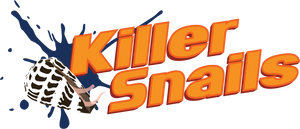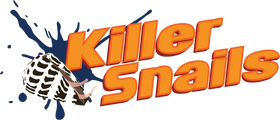Playtesting VenomCoLab Chapter 2: From Paper to Digital Prototype
The Killer Snails team is making exciting progress in the design and development of Chapter 2 of VenomCoLab! In Chapter 2, students analyze the venom sample they collected in Chapter 1 using high performance liquid chromatography (HPLC) and mass spectrometry. They will compare their sample molecules to a library of venom molecules to select three promising candidates to find treatment for human health problems like pain, blood clotting, cancer, or autoimmune disorders.
The learning and design team has been working on creating fun ways to present this complex scientific inquiry process to students from 6th through 8th grade. Once an initial idea was developed, we invited our first group of middle school playtesters to participate in a paper-prototype-based playtest. Our goal was to gather insights from our target audience regarding the learning content and the interaction mechanics to identify areas of improvement.
In this round of our playtests, we distributed paper prototypes of information about students’ sample molecules and the reference library to our playtesters. We observed how they interacted with the material. Our playtesters enjoyed the collaborative aspect of the experience, particularly when they discussed their reasoning for selecting molecules for further testing with their team. In addition, each playtester explained how they approached the task and provided us with feedback on ways to support students in disentangling this task and further encourage collaboration.
Based on this round of playtesting, our team made adjustments to the design and developed the first digital prototype of this activity. Using this digital prototype, we conducted another group playtest with four new playtesters. Our playtesters reported that they found VenomColab to be “super fun and interesting” and that they “learned stuff too and had a great time.” We also received great feedback from this group that emphasized the need for further scaffolding to help students with this complex scientific research process.
These playtests were extremely helpful in our iterative design process. Our team has now landed on a new version of this activity! This new version features a guided analysis of the sample and reference molecules, and embedded more instructions to promote collaborative exploration. We are super excited to bring this version to our partner schools next month!

